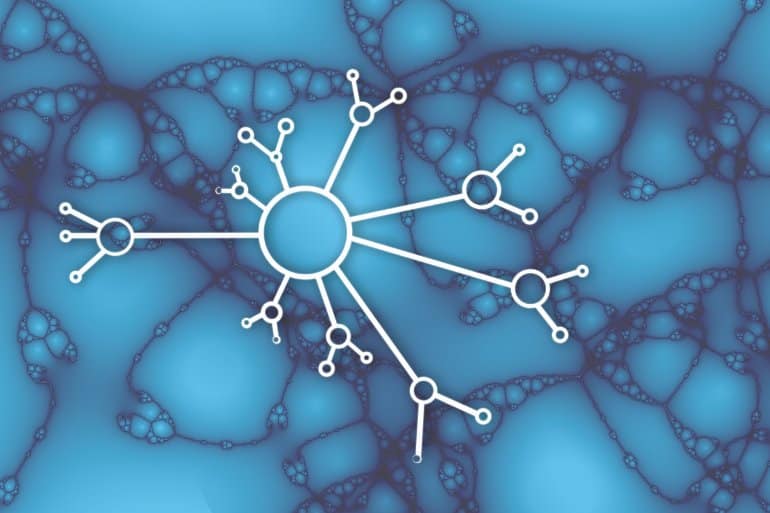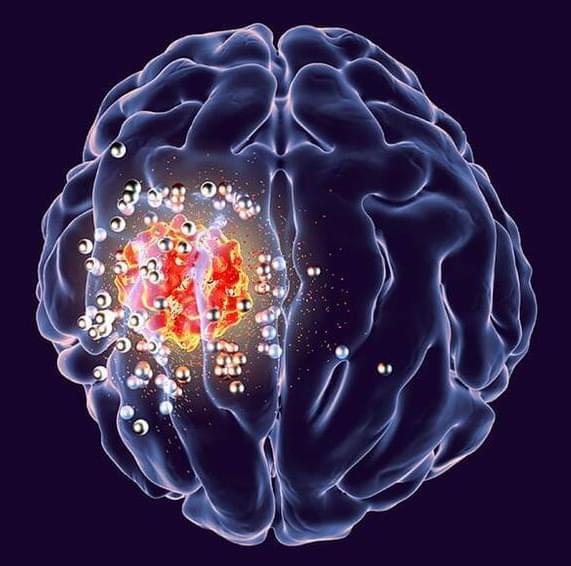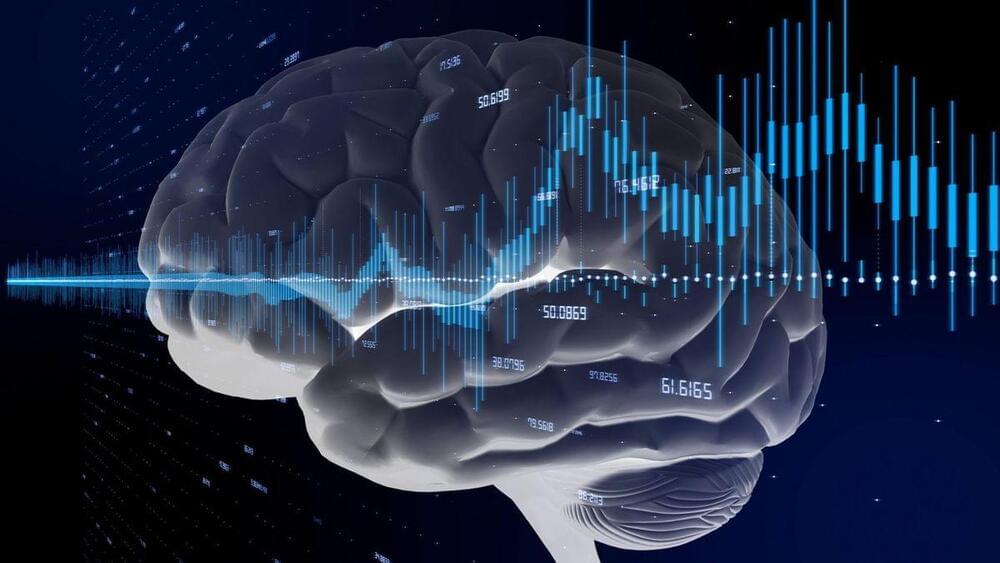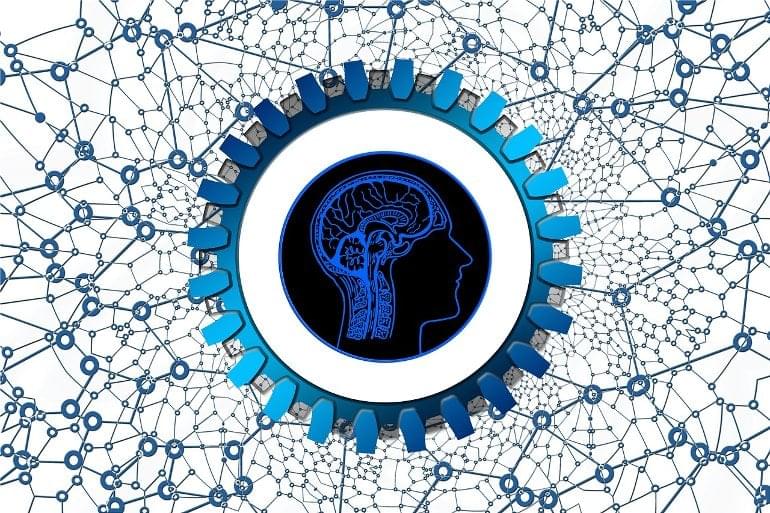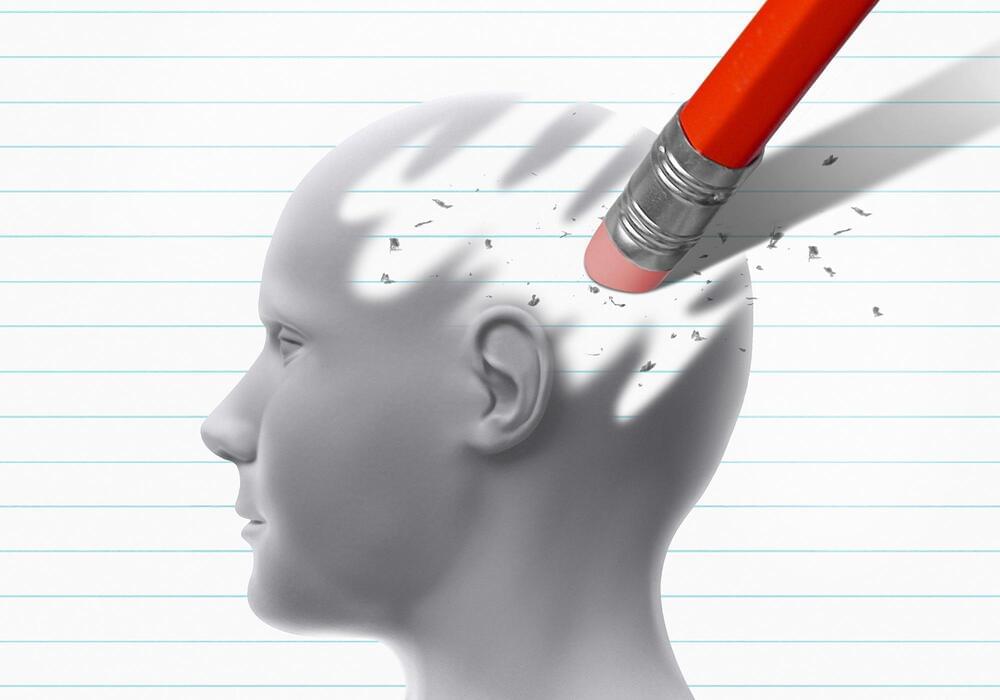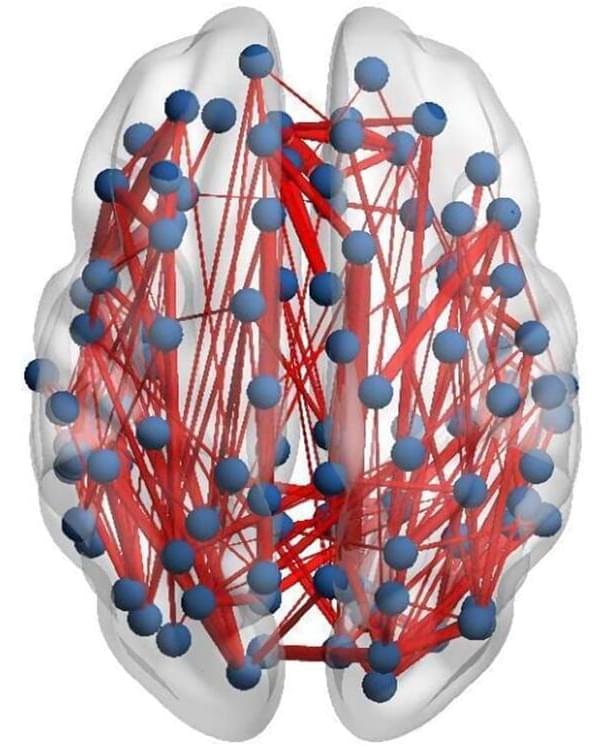A drug has been identified by researchers at Tokyo Medical and Dental University (TMDU) that replicates the benefits of exercise on mice’s bones and muscles.
You can look and feel better by keeping up a regular exercise schedule, but did you know that exercise also supports bone and muscle health? Locomotor fragility, which affects people who are unable to exercise, causes the muscles and bones to deteriorate. Recently, Japanese researchers discovered a new drug that, by producing effects comparable to those of exercise, may help treat locomotor frailty.
Physical inactivity can result in a weakening of the muscles (known as sarcopenia) and bones (known as osteoporosis). Exercise dispels this frailty by boosting muscular strength and suppressing bone resorption while simultaneously promoting bone formation. Exercise therapy, however, cannot be used in every clinical situation. When patients have dementia, cerebrovascular disease, or are already bedridden, drug therapy may be very helpful for treating sarcopenia and osteoporosis. However, there is no one drug that targets both tissues at the same time.
